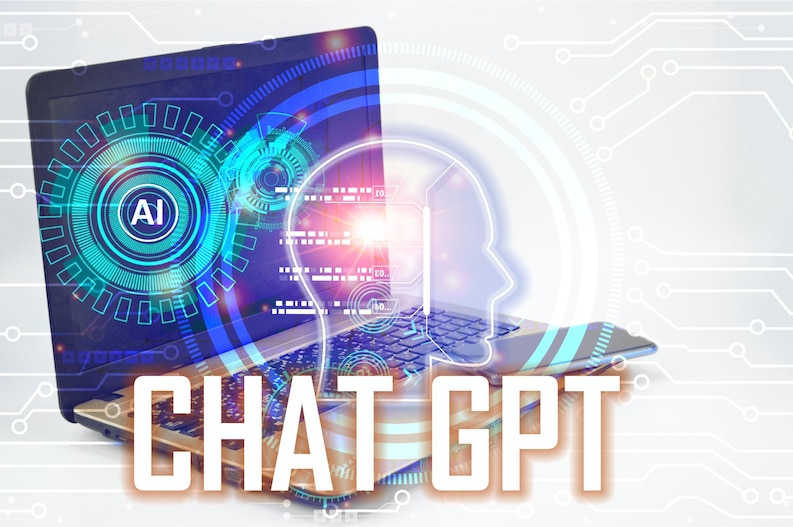Introduction: ChatGPT Inadequacies
Artificial Intelligence (AI) has made significant advancements in various fields, including cryptocurrency research. Among the prominent AI language models, ChatGPT has gained widespread recognition for its natural language processing capabilities. However, it is essential to understand the inadequacies of ChatGPT when applied to crypto research, as it is not without its limitations.
Understanding ChatGPT and its Prominence:
ChatGPT, developed by OpenAI, is a state-of-the-art language model that employs deep learning algorithms to generate human-like responses. It has been widely adopted across industries, assisting with customer support, content generation, and even crypto research. Its ability to generate coherent responses makes it valuable in understanding complex topics like cryptocurrencies.

The Role of AI in Crypto Research:
In the rapidly evolving world of cryptocurrencies, AI plays a crucial role in extracting insights from vast amounts of data. Researchers and analysts rely on AI models like ChatGPT to process and analyze data, identify trends, and predict market movements. However, while AI can complement human research efforts, it is not a flawless solution.
Analyzing ChatGPT’s Limitations in the Crypto Domain:
Despite its achievements, ChatGPT has inherent limitations that affect its effectiveness in crypto research. Firstly, it may not comprehend context as accurately as humans do, leading to potential misinterpretations of crypto-related concepts and data. Secondly, ChatGPT’s responses are based on patterns it has learned from its training data, making it susceptible to biases present in the data.
Moreover, ChatGPT’s tendency to produce plausible-sounding but incorrect information can mislead researchers and investors in the crypto space. In a domain where accuracy is paramount, such inadequacies can have significant consequences.
Addressing ChatGPT’s Challenges: Possible Solutions:
Recognizing the limitations of ChatGPT is crucial for enhancing its applications in crypto research. To address these challenges, researchers and developers must focus on a few key strategies:
- Enhanced Training Data: Improving the quality and diversity of training data can help reduce biases and inaccuracies in ChatGPT’s responses. Incorporating more reliable sources of crypto-related information will enhance the model’s understanding of the domain.
- Contextual Understanding: Developing methods to enhance ChatGPT’s contextual understanding will improve its ability to interpret complex crypto terminologies and trends accurately.
- Human-in-the-loop Approach: Integrating human experts in the AI training process can help validate responses and ensure their accuracy. This approach will also help fine-tune the model according to specific research requirements.
- Domain-Specific Fine-Tuning: Fine-tuning ChatGPT specifically for crypto research can result in more accurate and relevant outputs tailored to the crypto domain.
Future Prospects: Improving AI for Crypto Research:
As technology continues to advance, the future holds great potential for improving AI models’ performance in crypto research. Advancements in natural language processing, coupled with a better understanding of the crypto domain, will pave the way for more sophisticated AI tools.
Conclusion:
ChatGPT, with all its achievements in natural language processing, is not without its inadequacies in the realm of crypto research. Acknowledging these limitations and actively seeking solutions will drive the development of more robust AI models. As we continue to decrypt the capabilities of AI in crypto research, a combination of human expertise and AI-driven insights will lead to more informed decision-making in the dynamic world of cryptocurrencies.




